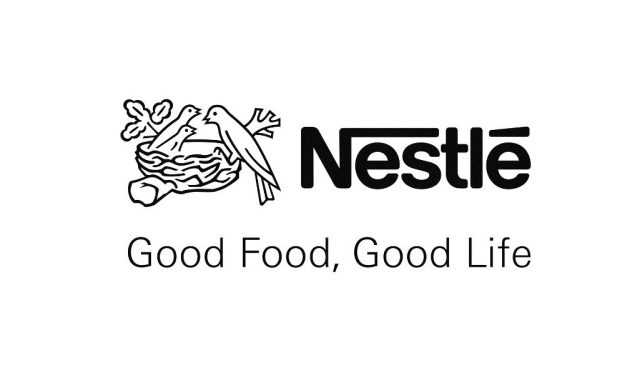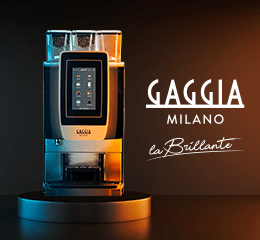MILAN – Nestlé ’s water subsidiary, responsible for well-known brands such as Perrier, Vittel, and San Pellegrino, has agreed to pay a $2.2 million fine to close French probes over illegal wells and treatment of mineral water, prosecutors said Tuesday.
The company reached a settlement known as a judicial public interest agreement (CJIP) on Tuesday with the prosecutor in Epinal, in eastern France. The settlement marks the largest environmental agreement of its kind in France.
According to prosecutor Frédéric Nahon, the agreement was justified due to Nestlé’s cooperation during the investigation, the company’s efforts to bring its practices into compliance, and the absence of any public health risks.
Unlike a full trial, a CJIP does not result in a formal conviction but allows for the payment of fines and reparations without a declaration of guilt.
The fine comes after two investigations revealed that Nestlé had been drilling without permits and using unapproved purification methods, including ultraviolet treatment and charcoal filters, in its water production.
Nestlé was accused of using multiple purification treatments on bottled water that was labelled ‘mineral water’.
The company acknowledged these actions and has since stopped the unauthorised treatments.
The second investigation concerned Nestlé’s authorisation to drill for water in the Vosges mountains of eastern France. Nestlé sources water for its Vittel, Hepar and Contrex brands in the region.
In its statement, the company emphasized that its mineral water production did not harm public health and that previous treatment processes had not altered the natural mineral composition of the water.
Nestlé further noted that since 2023, all its activities are in compliance with regulatory frameworks and meet the latest government directives.
Foodwatch, one of the plaintiff groups behind the cases, criticized the settlement.
“This is a scandalous decision that sends a very bad message about the climate of impunity: Nestlé Waters can deceive consumers for years around the world and get away with it by simply pulling out the checkbook,” Ingrid Kragl, fraud expert at Foodwatch, said in a statement.














